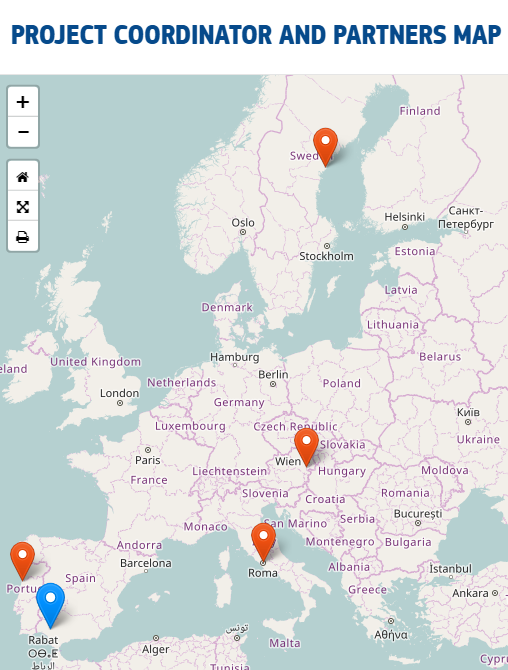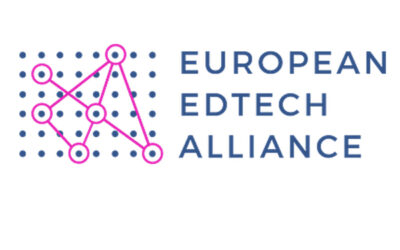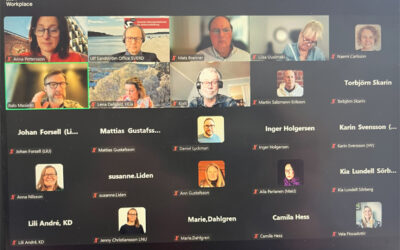SADE is a partner in two new EU projects. The two projects are TIBL and VTT_box. Both are within Cooperation for innovation and the exchange of good practice, where the purpose is innovation in the areas concerned. TIBL is within Strategic Partnerships for vocational education and training (VET), while VTT-Box is within Strategic Partnerships for school education. Both projects are two-year 2017-2019.
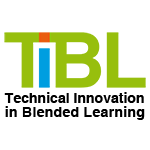

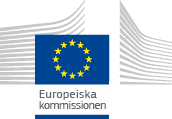

Coordinator is FUNDACIÓN ESCUELAS PROFESIONALES DE LA SAGRADA FAMILIA, Spain
Partners
- The applicant SAFA Coordinator ( Seville) is an important Spanish school foundation focusing on school and vocational education, Coordinator Carlos Guerrero Herrero Dirección Central SAFA Departamento de Formación Profesional C/Trajano, 35A 41002 Sevilla Tel. 954378690 www.safa.edu
- EFQBL is a VET and trainers education organisation Austria Wiener Neustadt,
- DigiLab from the University La Sapienza Rome Italy
- University of Aveiro south of Porto Portugal are specialised in innovation in technology enhanced training and the related pedagogy.
- Swedish Association Distance Education SADE is a specialist in Distance Learning and quality enhancement frameworks. Budget 139 221 EUROTidperiod 2 år
1. Enhancing access to training and qualifications for all
The TIBL Project addresses the chances for trainees to get better training supplying them with relevant and high-quality competences (skills, knowledge) for their professional life, especially to keep the employability. The project develops modern technology enhanced training which can be work-place based as well as traditional self-paced training. The project implements courses using the potential of innovative and active pedagogies such as collaborative methods (usual in Blended Learning) and a heutagogical approach putting the learner in the center of the learning. This will be enabled synergies between education, research and innovation activities, like the cooperation of a VET school with a VET training organisation supported by two of the top European Universities and the involvement of an association specialized in Distance Learning and quality assurance (and enhancement).
2. Open and innovative practices in a digital era
Blended Learning means the intensive use of technical equipment, of ICT and Online Distance Learning. These practices are typical for learning in the digital era. The use of the complete variety of available devices (tablets, smartphones, handheld computers, netbooks, notebooks etc) mirror the current technical oriented society and promotes a promising approach to modern digital based training. The promoting the use of ICT with a view to increasing the quality and relevance of education at all levels is always in the
background of all project’s activities. The project is a response to the digital revolution by increasing (and using) digital competences at all levels of learning, including non-formal and informal VET education. This also gives the project an enormous transfer potential to other educational fields. The providing of the project’s outputs as OER is a contribution to Open Education.
3. Introducing systematic approaches to, and opportunities for, the initial and continuous professional development of VET teachers, trainers and mentors in both school and work-based settings.
The project develops innovative and technology based training methods which are also an innovation for trainers (and all kinds of organisations involved in education and training). The project addresses mainly the continuous professional development of VET teachers and trainers (as mentioned in school as well
as in work-based settings in SMEs). The developed software (Trainer’s Toolbox) and the MOOC enable trainers easily to use the TIBL tools and practices in their training and to supply best the trainees.”
The project, which is funded by the European Commission with 139,221 euros, will last two school years, ending in September 2019. Its objectives focus on improving the quality of blended training, in which sessions are combined face with online work through training materials adapted to any type of digital device.
See link about the project in english
TIBL Project website



